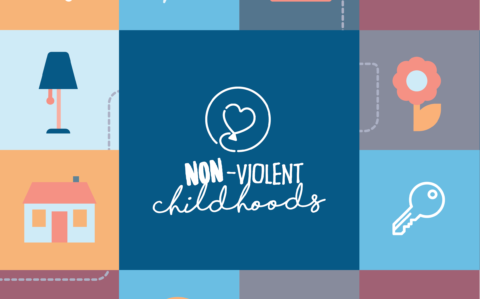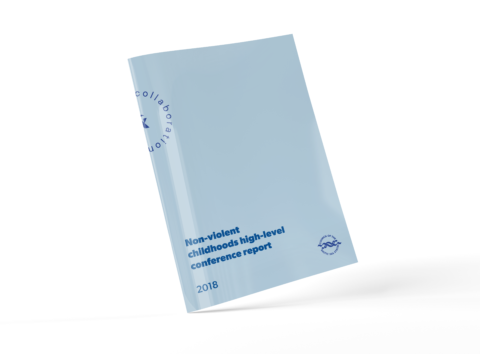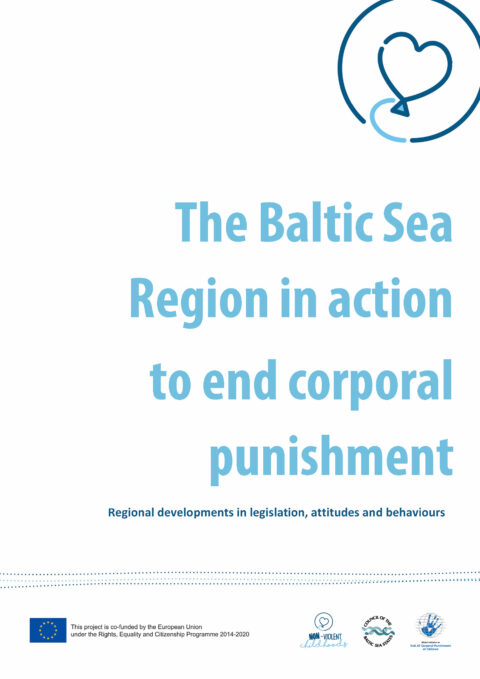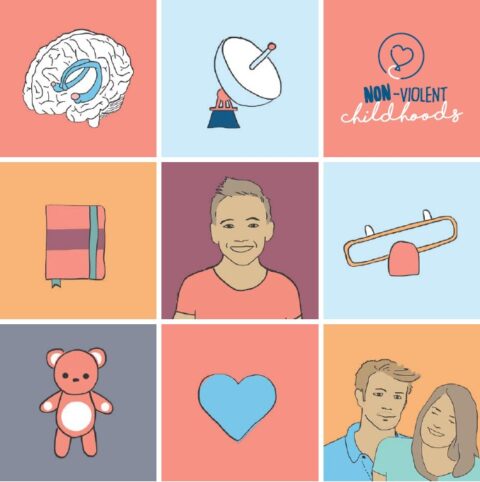The adoption of a national law that prohibits the corporal punishment of children in all settings, including in the home, is a milestone achievement. It makes a clear statement that corporal punishment is a form of violence against children which is no longer socially acceptable nor legally condoned. Once a prohibition is in place, societies and states have a duty to invest in ensuring its effective implementation. Countries all over the world are confronting this challenge and the goal of ending the corporal punishment of children is now firmly on both national and regional agendas.
The Baltic Sea Region is almost a ‘no-corporal-punishment zone’ for children as 10 out of the 11 countries in the region have prohibited corporal punishment in all settings. Sweden was the first country in the world to enact a legal ban in 1979; Finland (1983), Norway (1987), Denmark (1997), Latvia (1998), Germany (2000), Iceland ( 2003), Poland ( 2010), Estonia (2015) and Lithuania (2017). The Russian Federation has yet to introduce a legal ban.
The developments in the Baltic Sea Region show that it is possible to change attitudes and behaviours and that social norms can be transformed in favour of positive, non-violent childrearing. Since the national bans have come into force, more and more parents have rejected the use of corporal punishment in the upbringing of their children. But despite the progress achieved, too many children continue to experience physical and emotional violence or humiliating and degrading treatment.
The aim of the Non-Violent Childhoods programme is to promote the full implementation of a ban on corporal punishment of children in the Baltic Sea Region through collaborative, multi-stakeholder planning and action.

The Programme has developed a set of guidance reports and a campaign, aimed at parents, children, practitioners, advocates and policy-makers. Each report focuses on a specific theme – a step-by-step guide, implementing the ban in the domestic setting, positive parenting, awareness-raising campaigns, service provision and tracking progress. In addition, a campaign is developed to raise awareness of the harmful impact of corporal punishment and the importance for children to have trusted adults to turn to.
The reports and campaign offer inspiration and provide guidance standards and practical tools aimed at transforming societies and making non-violent childhoods a reality. While the reports are based on the experience of the Baltic Sea Region, they convey key messages and highlight best practices that have relevance not only to the 11 states in the region but also to Europe and beyond.
The Non-violent Childhoods programme of work is managed by the Council of the Baltic Sea States Secretariat. It received co-funding from the European Commission during 2017-2019, and worked with five country partners: the Ministry of Social Affairs, Estonia; the Ministry of Social Affairs and Health, Finland; the Ministry of Welfare, Latvia; the Ombudsman for Children’s Rights, Poland; and the Ministry of Health and Social Affairs, Sweden. The Global Initiative to End All Corporal Punishment of Children was an international partner to the programme.



